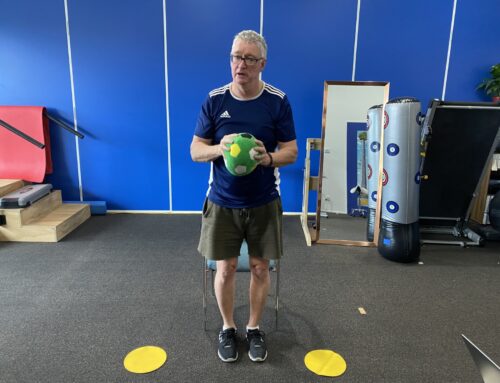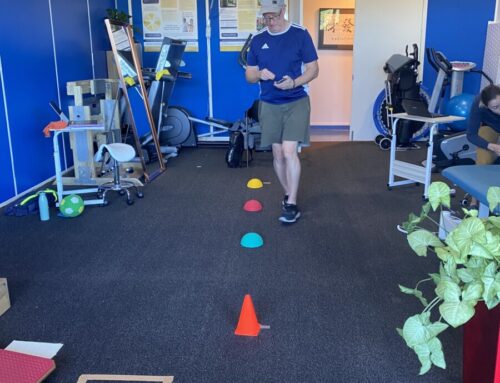Hopefully you are already aware that exercise can have many benefits to the human body including cardiovascular fitness which decreases your risk of cardiometabolic diseases. We know exercise builds muscle strength that can make day to day function easier and in turn improves energy efficiency. However did you know that your entire nervous system is also fueled by physical movement! Your body is made up of muscles and bones that are designed to move in a wide dynamic assortment of patterns. This movement of multi segmental elements stimulates the central and peripheral nervous systems.
The MS research world is deep into exploring medical options to boost remyelination, but not many people know that we have the power to stimulate and enhance our own physical ability to drive remyelination, this is achieved by physical exercise. No unfortunately exercise is not a cure, it will not stop MS but participation in regular vigorous exercise has been shown to have positive effects on disease modulation. The most concerning fact to date is that on average 80% of people with MS are not participating in regular exercise or physical activity, this is an alarming statistic, we could say that 80% of people with MS are not optimizing the potential disease management that is freely available to them.
Now if that fact on its own is not stimulating enough for you to really get serious about exercise while living with MS, here is another major reason…..your brain health. Moderate to vigorous exercise has been shown to not only improve cognition for those living with MS but also reduces the aging effects of brain tissue loss. Exercise can reduce axon dieback within the brain, unfortunately everyone’s brain is starting to degenerate from the age of 25 onwards, which is why it is absolutely vital to not only start exercising now but to keep it going throughout your lifetime.
It is also important to understand that not all exercise has been created equally, to get the benefits of exercise on your nervous system you have to exercise hard enough to get puffing out of breath about three to four times a week, strength train to an adequate overload twice a week and continue to learn new movement patterns. In a nutshell, going for a steady walk a few times a week as your only form of exercise will not be creating the changes your desire or deserve.
The full topic of brain health and remyelination is very detailed and far to much to include in this article, however this will hopefully start to prompt you to consider how, when and what you are doing for regular exercise. Please seek out further information from your local health professionals that are experienced in working with people with MS. Image credit Personal Trainer Academy (https://traineracademy.org/)
Image credit Personal Trainer Academy (https://traineracademy.org/)
Further information can be found in the following articles and links:
Motl, R.W., and Sandroff, B.M. 2018. Exercise as a Countermeasure to Declining Central Nervous System Function in Multiple Sclerosis. Clinical Therapeutics. Vol 40, 16 – 25
Motl, R.W., and Pilutti, L.A. 2016. Is Physical Exercise a Multiple Sclerosis Disease Modifying Treatment? Expert Review of Neurotherapeutics. Vol 16, 951 – 960
Erickson, K., Miller, D., and Roecklein, K. 2012. The Gaining Hippocampus: Interactions between Exercise, Depression and BDNF. The Neuroscientist. Vol 18, 82 – 97
Firth, J., Stubbs, B., Vancampfort, D., Schuch, F., Lagopoulos, J., Rosenbaum, S., and Ward, P.B. 2018. Effect of Aerobic Exercise on Hippocampal Volume in Humans: A Systematic Review and Meta-analysis. NeuroImage. Vol 166, 230 – 238





